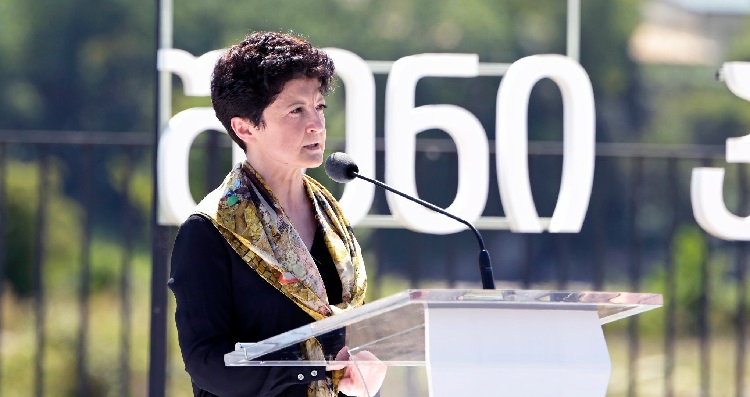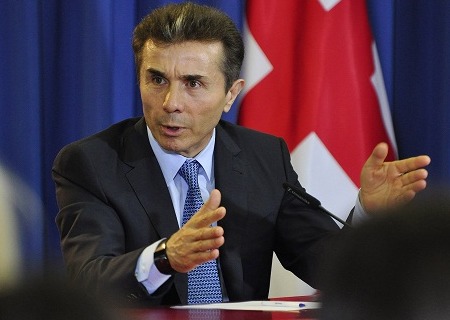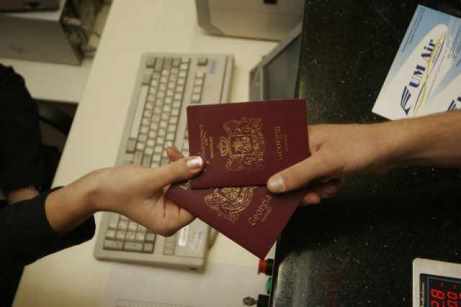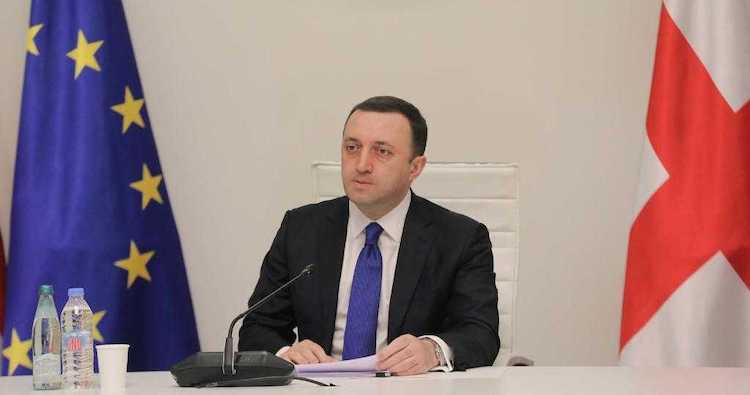Justice Minister explains changes to rules on surrogacy amid public outcry

Tea Tsulukiani said the recent changes aim to prevent ‘transnational crime’ of trading with newborns and protect them from ‘sexual exploitation, torture and ill-treatment. Photo: Justice Ministry/Facebook
Recent changes made by the Georgian Justice Minister Tea Tsulukiani to the rules on surrogacy have caused public outcry as many find the changes ‘discriminatory’.
Based on the changes to the order on the Approval of the Procedures for Civil Registration made on August 25, 2020, a couple of a woman and a man, willing ‘to raise a child' born in an extracorporeal manner, should provide legal confirmation of their marriage or cohabitation for no less than a year.
Head of women rights organisation Sapari, Baia Pataraia said the changes discriminate single mothers, willing to have babies via surrogacy; while opposition party European Georgia member Irma Nadirashvili finds the step as an ‘interference into private life’.
Member of Lelo for Georgia party Sopo Shamanidi has also noted that the changes made by Justice Minister Tsulukiani further deepen the existing ‘demographic crisis’ in the country.
 Minister Tea Tsulukiani said the changes do not apply to the rules on in-vitro fertilisation. Photo: Justice Ministry/Facebook
Minister Tea Tsulukiani said the changes do not apply to the rules on in-vitro fertilisation. Photo: Justice Ministry/Facebook
In response to public criticism, Tea Tsulukiani said in-vitro fertilisation and the ensuring pregnancy is a ‘purely medical issue’, which is not within the competencies of the Ministry of Justice.
Tsulukiani said the changes she has made to the order on Approval of the Procedures for Civil Registration refer to surrogacy, not in-vitro fertilisation.
Minister Tsulukiani said in her video response that there are certain private companies in Georgia which benefit a lot by giving out babies to foreign couples.
100 percent of 'surrogate mothers' are the citizens of Georgia, while over 98 percent of couples who use the service of surrogacy in Georgia are foreigners”, Tsulukiani said.
Therefore, she said that the recent changes aim to prevent ‘transnational crime’ of trading with newborns and protect them from ‘sexual exploitation, torture and ill-treatment.
Starting September 1, all couple should therefore provide the legal confirmation of marriage as the proof of their willingness to raise a baby. This, Minister Tsulukiani believes, would protect the rights of newborns.
 Tweet
Tweet  Share
Share





